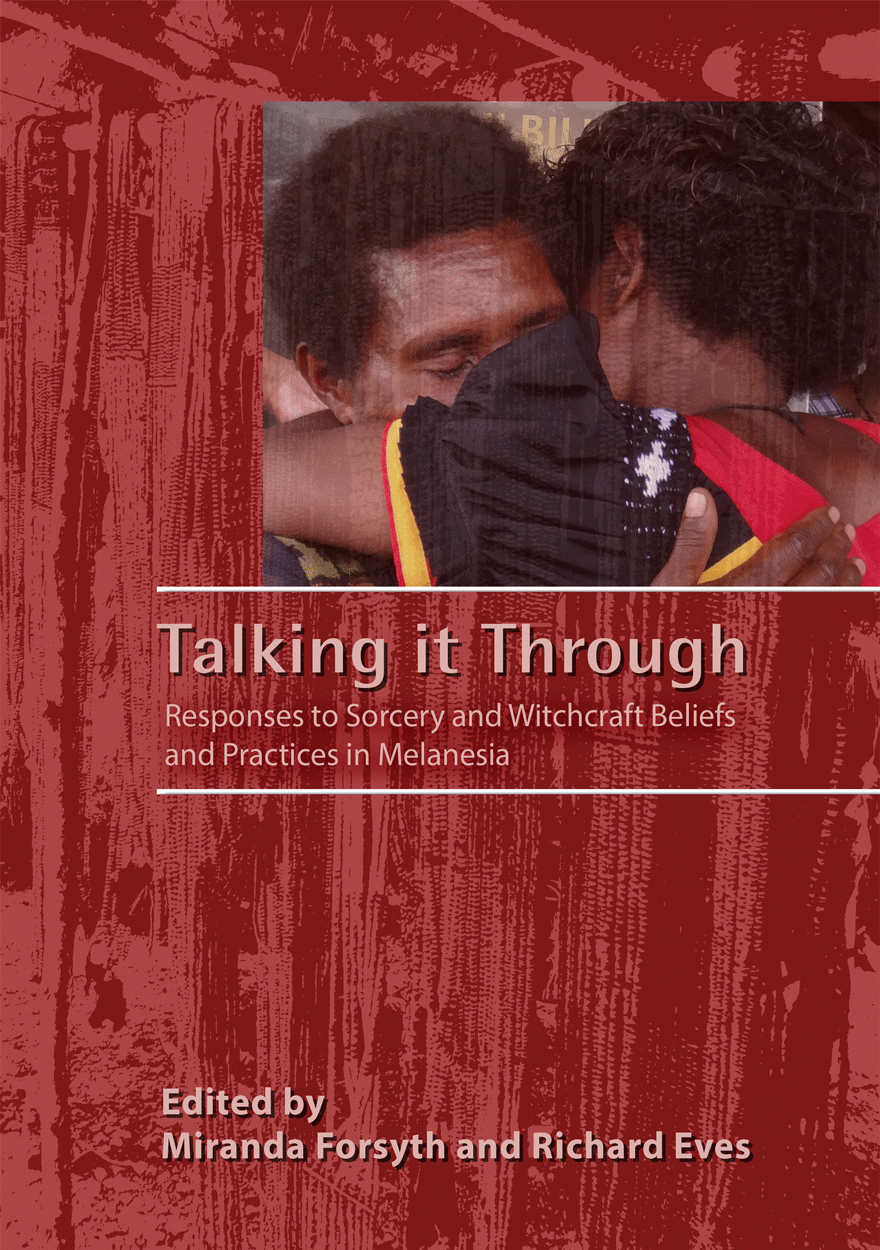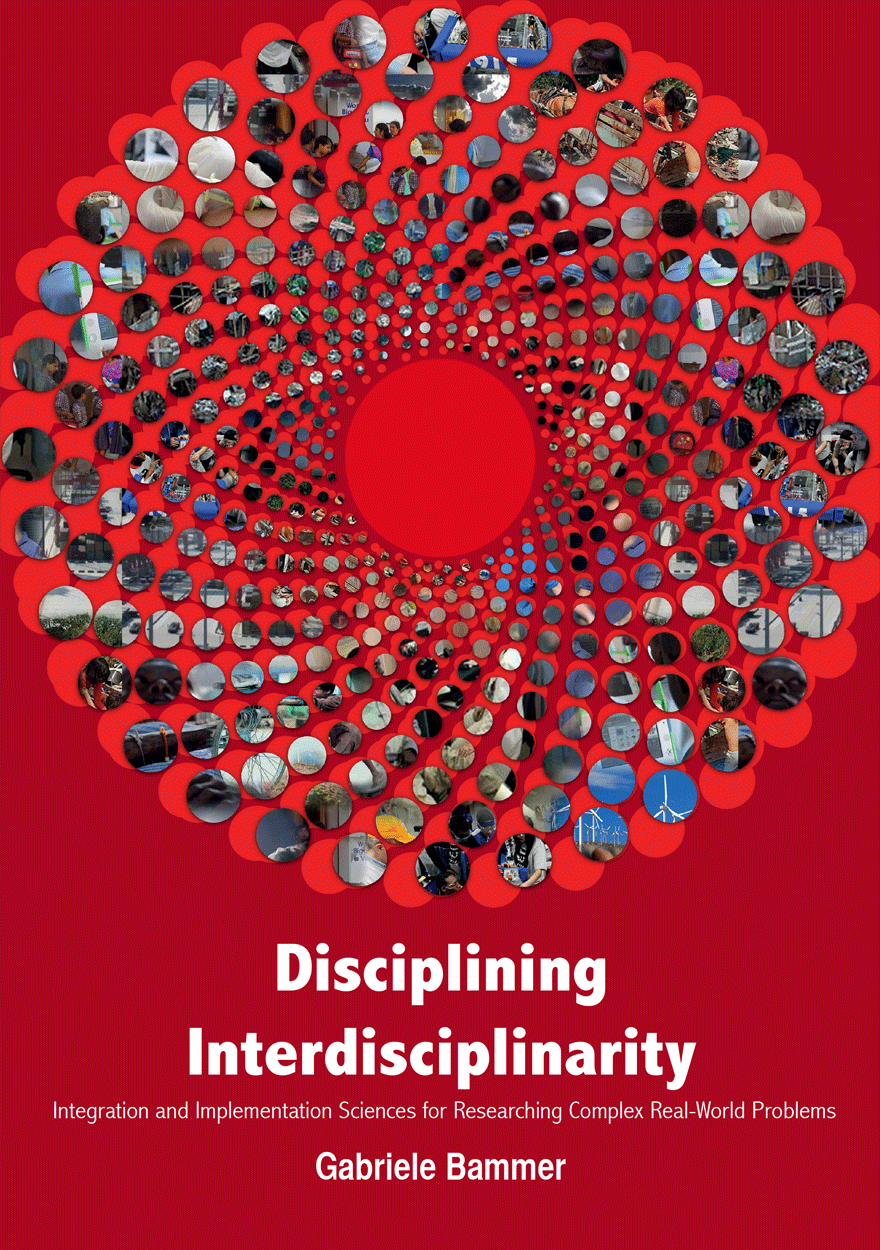Books
Browse or search ANU Press' range of books or find out more about the publications' authors and co-publishers. Download the book for free or buy a print-on-demand copy.
Displaying results 11 to 15 of 15.

Regulatory Theory »
Foundations and applications
Edited by: Peter Drahos
Publication date: February 2017
This volume introduces readers to regulatory theory. Aimed at practitioners, postgraduate students and those interested in regulation as a cross-cutting theme in the social sciences, Regulatory Theory includes chapters on the social-psychological foundations of regulation as well as theories of regulation such as responsive regulation, smart regulation and nodal governance. It explores the key themes of compliance, legal pluralism, meta-regulation, the rule of law, risk, accountability, globalisation and regulatory capitalism. The environment, crime, health, human rights, investment, migration and tax are among the fields of regulation considered in this ground-breaking book. Each chapter introduces the reader to key concepts and ideas and contains suggestions for further reading. The contributors, who either are or have been connected to the Regulatory Institutions Network (RegNet) at The Australian National University, include John Braithwaite, Valerie Braithwaite, Peter Grabosky, Neil Gunningham, Fiona Haines, Terry Halliday, David Levi-Faur, Christine Parker, Colin Scott and Clifford Shearing.

Talking it Through »
Responses to Sorcery and Witchcraft Beliefs and Practices in Melanesia
Edited by: Miranda Forsyth, Richard Eves
Publication date: May 2015
Sorcery and witchcraft practices and beliefs are pervasive across Melanesia. They are in part created by, and give rise to, a wide variety of poor social and developmental outcomes. These include uneven economic development, low public health, lack of social cohesion, crime, fear and insecurity. A further very visible problem is the attacks on men and women who are accused of being practitioners of witchcraft or sorcery, which can lead to serious bodily harm, banishment and sometimes death. Today, many communities, individuals, church organisations and policymakers in Melanesia and internationally are exploring ways to overcome the negative social outcomes associated with witchcraft and sorcery practices and beliefs. This book brings together a collection of chapters written by a diverse range of authors, both Melanesian and non-Melanesian, providing crucial insights both into how these practices and beliefs are playing out in contemporary Melanesia, and also the types of interventions that are being trialled or debated to address the problems associated with them.

Corruption and Anti-Corruption »
Edited by: Peter Larmour, Nick Wolanin
Publication date: March 2013
There is new international attention being given to the old problem of corruption. It has been taken up by international organisations, and driven by economic analysis. It is impatient of cultural justifications, and suspicious of state action. It is concerned with corruption prevention as much as detection, investigation and prosecution.
Corruption and Anti-Corruption deals with the international dimensions of corruption, including campaigns to recover the assets of former dictators, and the links between corruption, transnational and economic crime. It deals with corruption as an issue in political theory, and shows how it can be addressed in campaigns for human rights. It also presents case studies of reform efforts in Philippines, India and Thailand.
The book explains the doctrines of a well-established domestic anticorruption agency. It is based on research to develop a curriculum for a unique international training course on ‘Corruption and Anti-Corruption’, designed and taught by academics at The Australian National University, the Australian Institute of Criminology and public servants in the New South Wales Independent Commission Against Corruption. Versions have been taught in Canberra, and several countries in South East Asia.

Disciplining Interdisciplinarity »
Integration and Implementation Sciences for Researching Complex Real-World Problems
Authored by: Gabriele Bammer
Publication date: January 2013
This book provides collaborative research teams with a systematic approach for addressing complex real-world problems like widespread poverty, global climate change, organised crime, and escalating health care costs. The three core domains are
Synthesising disciplinary and stakeholder knowledge,
Understanding and managing diverse unknowns, and
Providing integrated research support for policy and practice change.
Each of these three domains is organised around five questions
For what and for whom?
Which knowledge, unknowns and aspects of policy or practice?
How?
Context?
Outcome?
This simple framework lays the foundations for developing compilations of concepts, methods and case studies about applying systems thinking, scoping and boundary setting, framing, dealing with values, harnessing and managing differences, undertaking dialogue, building models, applying common metrics, accepting unknowns, advocacy, end-user engagement, understanding authorisation, dealing with organisational facilitators and barriers, and much more.
The book makes a case for a new research style—integrative applied research—and a new discipline of Integration and Implementation Sciences or I2S. It advocates for progressing these through an I2S Development Drive. It builds on theory and practice-based research in multi-, inter- and transdisciplinarity, post-normal science, systemic intervention, integrated assessment, sustainability science, team science, mode 2, action research and other approaches.
The book concludes with 24 commentaries by Simon Bronitt; L. David Brown; Marcel Bursztyn and Maria Beatriz Maury; Lawrence Cram; Ian Elsum; Holly J. Falk-Krzesinski; Fasihuddin; Howard Gadlin and L. Michelle Bennett; Budi Haryanto; Julie Thompson Klein; Ted Lefroy; Catherine Lyall; M. Duane Nellis; Linda Neuhauser; Deborah O’Connell with Damien Farine, Michael O’Connor and Michael Dunlop; Michael O’Rourke; Christian Pohl; Merritt Polk; Alison Ritter; Alice Roughley; Michael Smithson; Daniel Walker; Michael Wesley; and Glenn Withers. These begin a process of appraisal, discussion and debate across diverse networks.

Survey Analysis for Indigenous Policy in Australia »
Social Science Perspectives
Edited by: Boyd Hunter, Nicholas Biddle
Publication date: November 2012
Indigenous policy is a complex domain motivated by a range of social, cultural, political and economic issues. The Council of Australian Governments ‘closing the gaps’ agenda for addressing Indigenous disadvantage in Australia now includes six targets with well defined and measurable outcomes for policy action. In this context there is a continuing and pressing need for robust debate to understand how meaningful improvement in Indigenous outcomes might be achieved.
This monograph presents the peer-reviewed proceedings of the 2011 CAEPR/ABS conference on ‘Social Science Perspectives on the 2008 National and Aboriginal Torres Strait Islander Social Survey’. It is the fourth CAEPR monograph since 1992 to reflect on national surveys of Indigenous Australians. The conference covered topics including child development, crime and justice, culture, wellbeing, the customary economy, demography, education, employment, fertility, health, housing, income and financial stress, mobility, poverty, social exclusion, and substance abuse. The papers summarise the strengths and limitations of the 2008 NATSISS, discuss the types of policy-relevant questions it can inform, and consider future survey design.
A social survey such as the NATSISS can ultimately never tell those responsible for developing public policy what to do, but it can provide useful information to inform policy decisions. This volume will be useful for researchers and policy makers, and relevant to the wider national debate and, in particular, Indigenous communities and organisations.



